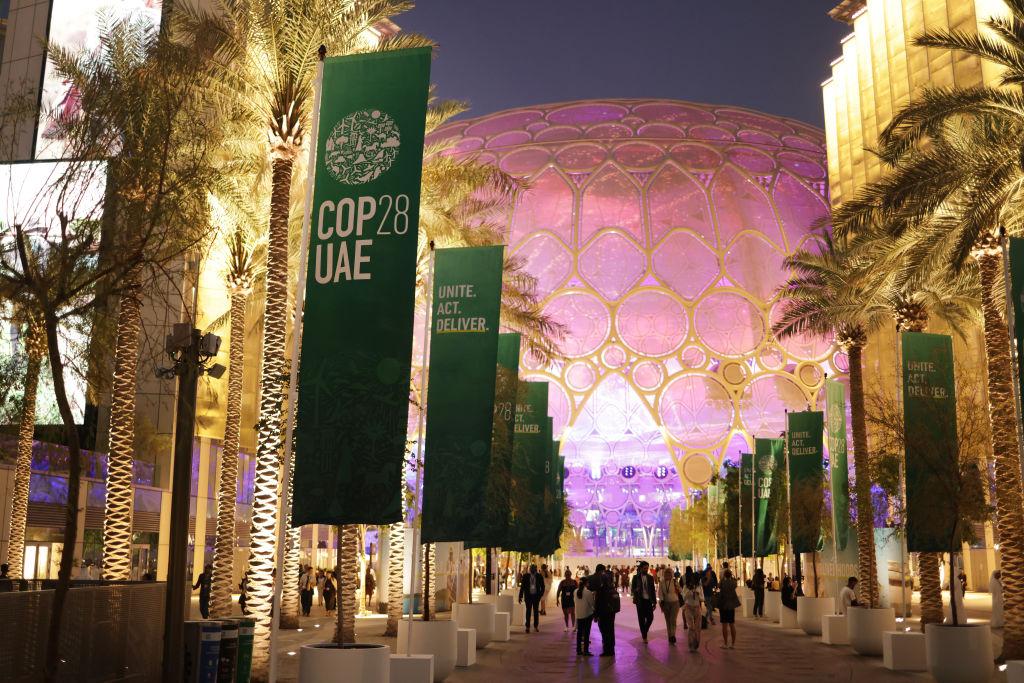Australia’s opposition is concerned the Labor government did not sign up to an international pledge calling for the tripling of nuclear energy.
However, Australia has committed at COP28 to triple renewable energy around the world by the year 2030.

Australia’s opposition is concerned the Labor government did not sign up to an international pledge calling for the tripling of nuclear energy.
However, Australia has committed at COP28 to triple renewable energy around the world by the year 2030.